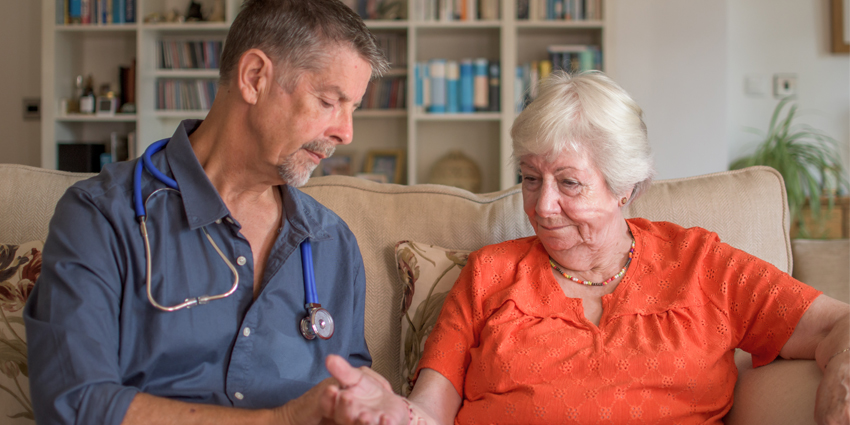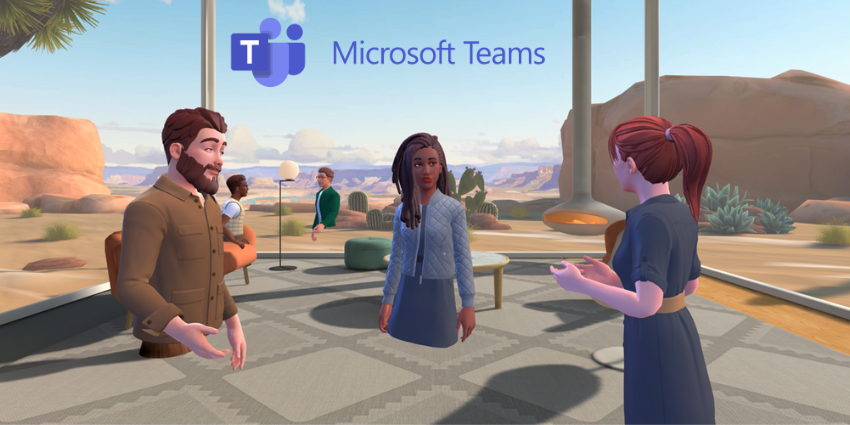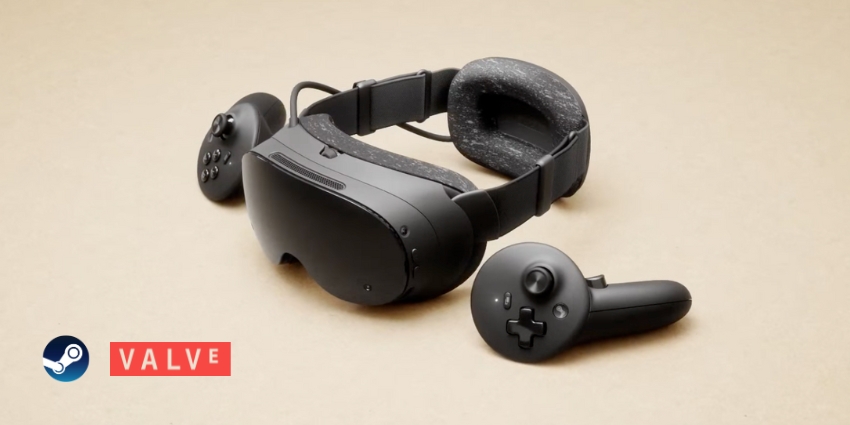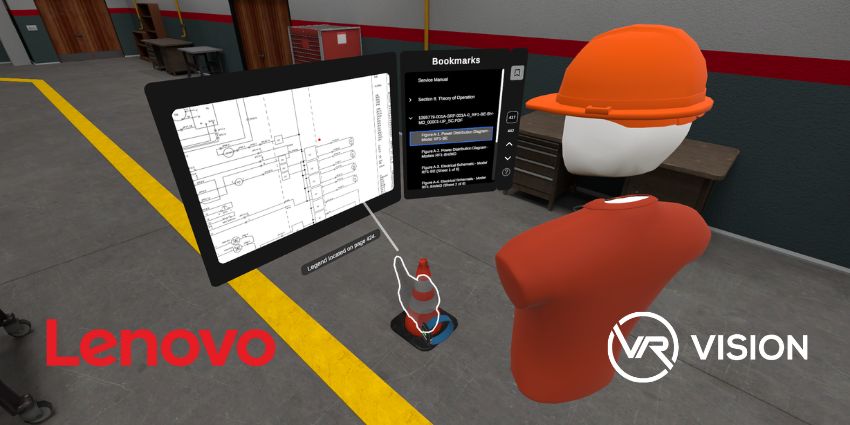The healthcare industry has remained a stalwart pillar for the XR space, with doctor and patient-facing solutions leading the way for how enterprises to leverage the emerging AR/VR/MR technology market today and for various use cases.
The UK’s NHS system has historically been a strong user of XR, from HoloLens training to immersive patient care and leading by example.
Following this storied adoption of XR, medical professionals at Friarage Hospital released results following a testing period for VR headset implementation, which reduces pain, breathlessness, and anxiety for patients via calming VR experiences.
The Friarage Hospital’s specialist palliative care team is deploying DR.VR Immersive Therapy Kits, a VR headset solution for at-home patients in the Hambleton and Richmondshire areas.
NHS workers are leveraging the DR.VR Immersive Therapy Kits on a two-year lease with support from South Tees Hospitals NHS Foundation Trust’s fundraising arm, Our Hospitals Charity.
Moreover, Rescape Innovation Ltd. helped secure the NHS division with the technology and headsets to facilitate innovative patient care solutions with assistance from the funding bodies.
Fundraising Manager for Our Hospitals Charity, Lisa Meehan, said:
We are delighted to be able to fund this equipment and it is wonderful to hear that patients are already benefitting from it. We are always keen to improve patient experience and have been able to do this thanks to a generous donation and hope that many more patients will benefit from its use.
DR.VR is Creating Tangible Improvements
Palliative Care Clinical Nurse Specialist Hayley Hadfield, who helped lead the deployment, said, “I was fortunate enough to see the kit being trialled in a neighbouring trust and could see the benefits it had on patients, and I was keen on getting it trialled in our trust.”
Hadfield noted that based on evidence and research, the patient-facing solution is being “effectively used within palliative care as a non-pharmacological intervention to help with the symptoms of breathlessness, anxiety, and pain.”
Of the many patients the DR.VR solution is reaching, NHS Cancer Patient Lynda Coates noted how “I am sure everyone would benefit from this,” following her experience getting referred to the device’s testing period umbrella.
Coates’ referral was assisted by Cancer Care Coordinator Kimberley Almond, who also added:
The DR.VR headset is particularly useful for patients who are unable to get out and about, as it enables them to have an enjoyable experience in their own home, as well as helping with symptom management.
Building on an NHS-XR Legacy
The news comes following years of XR experimentation and deployment within nationwide NHS departments. Last month, the NHS took significant steps in utilizing XR technologies with a government-backed VR training initiative worth £4.3 million. This initiative aims to lower travel and material costs while also tackling skill shortages among STEAM students and NHS staff.
Innovate UK is spearheading this multi-million pound VR training program, which includes outreach efforts and hands-on training for students, professionals, and NHS staff.
Professor Ivan Wall, co-director of Resilience at the University of Birmingham, called the NHS’ use of VR technology as “central,” with the project “helping young people safely learn skills that it would be impractical to gain in the real world due to logistics and capacity.“
The NHS also tested a virtual reality training tool called “Walking in the Shoes of,” which provided employees with insights into the experiences of colleagues from minority ethnic backgrounds.







